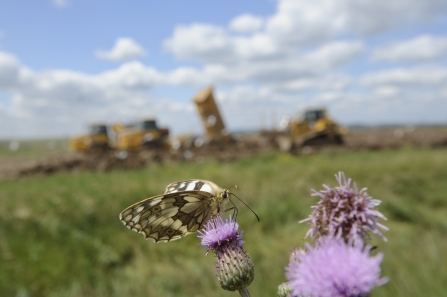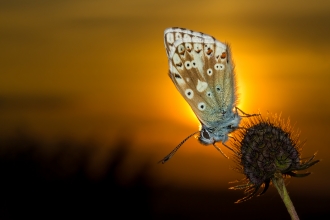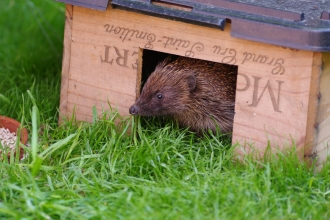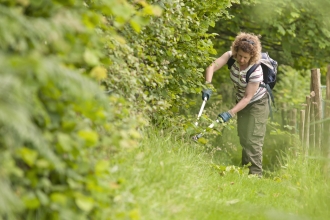BBOWT stood united with thousands of young people at the global climate strike in Oxford in September. Broad Street was awash with a sea of people of all ages carrying placards demanding urgent action for nature’s recovery. School pupils gave up a day’s education to stand up for the environment, while many parents left work to join them.
BBOWT faces heartbreak daily as we see the wildlife we love lost time and time again. As a movement, The Wildlife Trusts stand united with all those who share our belief that nature is valuable in its own right as well as being essential to our existence.
These can be gloomy times for those of us keen on wildlife and the countryside.
To add to the looming threat of global climate change a whole series of scientific research projects and both international and national government reports have been highlighting the precarious state of nature and the accelerating rate of loss of both species and habitats.
We are also faced at local level with planning decisions and processes that seem to prioritise enormous infrastructure projects and abstract economic growth models over the special characteristics of the local countryside we enjoy and hundreds of valued local wildlife sites.







